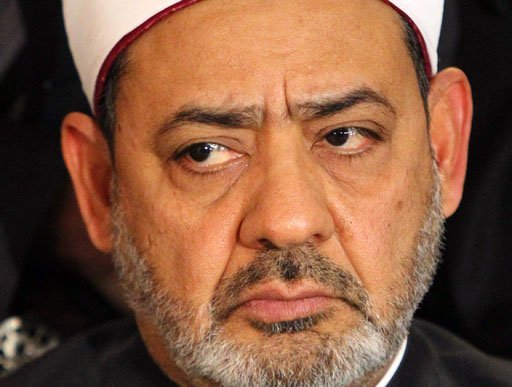Washington, DC: During her recent visit to Pakistan, US Secretary of State Hillary Clinton emphasized the need to foster a relationship of respect between the United States and Pakistan. Although Pakistan s civilian government and military establishment are closely allied with the United States in efforts to stop Al-Qaeda, relations between the two countries are fraught with a lack of confidence and miscommunication, creating major obstacles to achieving shared goals.
Military, political or humanitarian confidence building measures taken to reduce tensions between the US and Pakistani governments could help transform negative public perceptions of the United States in Pakistan and elicit support for shared security objectives.
A survey of Pakistani public opinion conducted by the International Republican Institute in March 2009 suggests that approximately 70 percent of Pakistanis do not support US military incursions in Pakistan. Confidence building efforts must take into account the history of mistrust between the two countries and demonstrate that the United States is taking a new approach to security. The United States must ensure that policies, actions and resources focus on population-centric security and a community-based approach to policing, rather than the enemy-centric approach that has led to further militancy in the past.
Drone strikes are a clear example of an enemy-centric approach to security. Pakistanis consider these strikes as further destabilizing the region. Discontinuing them, particularly in heavily populated areas, could serve as a signal to Pakistan that the United States is acknowledging and responding to Pakistani public opinion, and respects the country s territorial sovereignty.
Moving towards population-centric security could involve other measures as well, such as establishing a coordination centre between US and Pakistani agencie – especially the Inter-Services Intelligence (ISI), Pakistan s equivalent of the Central Intelligence Agency. It would also include creating hotlines for joint intelligence geared towards protecting civilians.
Members of the ISI have often been accused of sympathizing with and even supporting the efforts of certain Taliban factions, a claim that Pakistani government agencies vehemently deny. Such claims should be investigated transparently – and reforms implemented as necessary – to restore the confidence of both the Pakistani public and the international community.
The United States could do more to acknowledge Pakistan s political interests in the region given its strong partnership with India. India s growing influence in Afghanistan is perceived as a threat to Pakistan s stability and has led to accusations of India supporting insurgents in Balochistan, a conflict-ridden province of Pakistan bordering Afghanistan.
A holistic international diplomatic effort that recognizes the interlocking nature of conflicts in the region, and includes both high-level principled negotiation and local level reconciliation efforts in its plan to solve them, could pay conflict resolution dividends.
Likewise, a robust diplomatic process to address outstanding political issues between Pakistan and Afghanistan, including the movement of militant groups, small arms and narcotics across borders, and Afghanistan s accusation of Pakistani interference in its domestic matters, is also necessary to build trust.
The United States should ensure a continuous and efficient supply of relief assistance and development aid for the rehabilitation of communities and reconstruction of infrastructure damaged by Pakistani and US military operations against the Taliban. It should also ensure transparency and assist in planning, implementing and monitoring humanitarian and development initiatives. Pakistani civil society groups and relief agencies could help carry out such initiatives, creating a further avenue for cooperation.
Developing a comprehensive plan for reconstruction efforts should be the centerpiece of humanitarian confidence building between the United States and Pakistan. Such measures will positively impact perceptions on both sides, creating an environment more conducive to cooperation and long-term stability.
Evolving a meaningful strategic partnership to successfully eliminate the common threat of terrorism requires clearer and more inclusive communication, nurturing better political and social relationships, and demonstrating that counterterrorism interventions will not be at the expense of Pakistan s internal security and displaced communities.
Saira Yaminis a doctoral student from Pakistan at George Mason University s Institute for Conflict Analysis and Resolution. Lisa Schirch is professor of peacebuilding at Eastern Mennonite University s Center for Justice and Peacebuilding. This article was written for the Common Ground News Service (CGNews).


